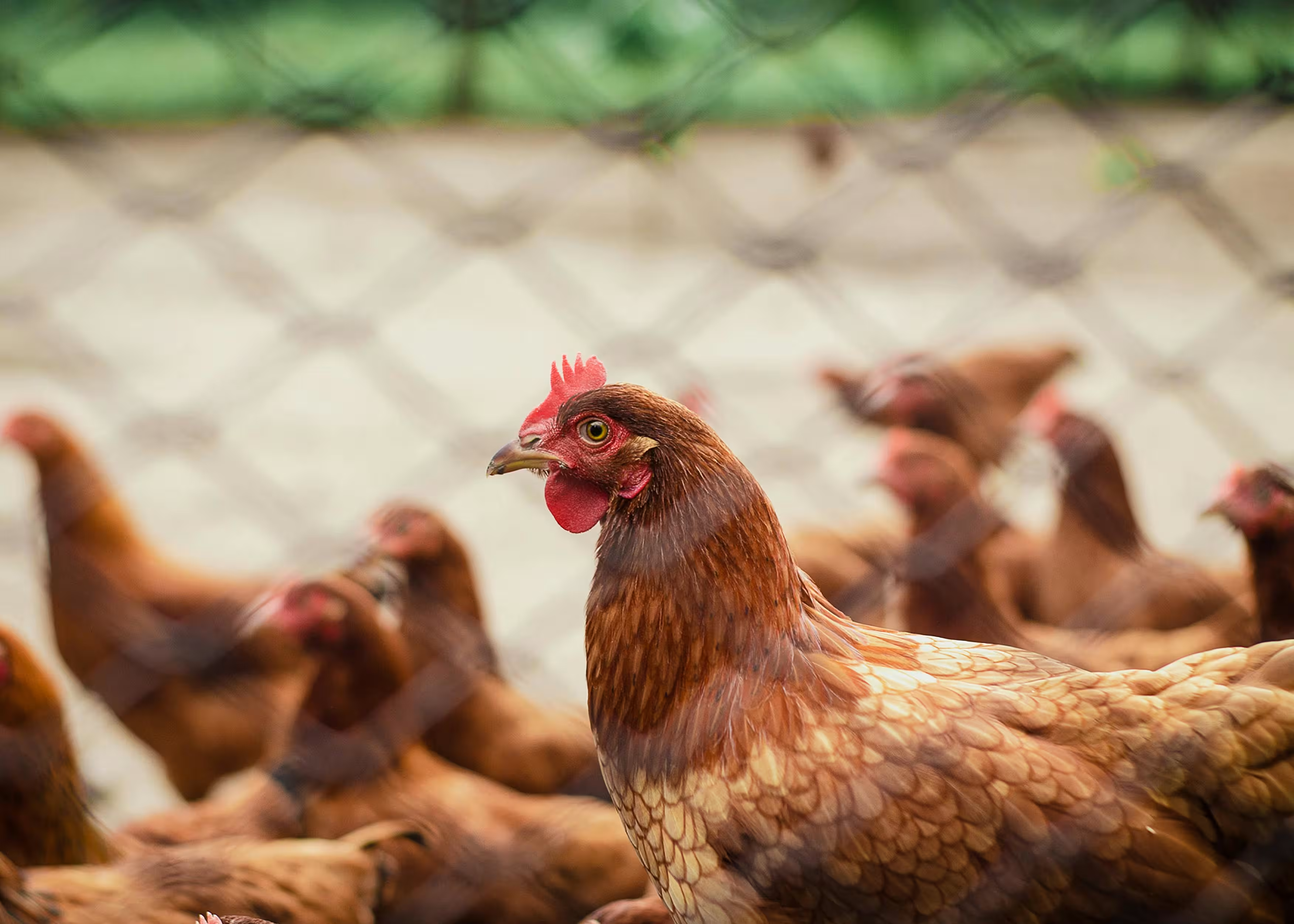The Humane League Publicly Launches The Animal Policy Alliance To Enact Legislative Change For Animals Raised For Food





Coalition of organizations unite to end large-scale animal cruelty through policy change in the United States.

(May 14, 2024 — New York, NY) — The Humane League (THL), a global nonprofit that exists to end the abuse of animals raised for food, today publicly launches the Animal Policy Alliance (APA), a coalition with the shared mission of ending large-scale animal cruelty through policy change. With 15 member organizations and growing, the APA fosters collaboration by providing legislative campaign strategies, resources, and grants to create connections with legislators at the city, state, and federal levels to advocate for policies that benefit farmed animals.
“In public policy conversations and legislation in the U.S., farmed animals are tragically underrepresented. We launched the Animal Policy Alliance to try to change that,” says Gabriel Wildgen, Senior Director of Public Policy, The Humane League. “We’re seeing strong momentum at the state and local level and there is still so much more to be done to end large-scale animal cruelty. We’re eager to partner closely with local groups and legislators around the country to create meaningful and lasting change to reduce the suffering of animals who are abused every day on factory farms.”
With the support of the APA, member organizations have already been successful in creating change for farmed animals through milestone victories. In Washington State, a bill was passed banning octopus farming, and in New Jersey, a ban of gestation and veal crates was signed into law. Groups have been successful in defending foie gras bans in New York and Pittsburgh, a bill against rabbit slaughter in Connecticut, as well as several problematic bills that threatened to grant more power to factory farms in Missouri. APA groups have successfully persuaded the USDA to update its child nutrition meal patterns and encouraged members of Congress to oppose the Ending Agricultural Trade Suppression (EATS) Act that would have nullified state and local bans on the sale of products from intensive animal confinement in the U.S.
Active legislative campaigns led by the Animal Policy Alliance include:
[No Backyard Slaughter](https://www.nobackyardslaughter.com/): APEX Advocacy’s campaign focuses on ending backyard slaughterhouses located in predominantly BIPOC communities, which are affected disproportionately by the industry. [Fur Free DC](https://www.dcvfa.com/blog/fur-free-dc): DC Voters for Animals’ campaign works to protect minks, rabbits, foxes, and wild animals by banning the sale of fur. [New York State Fur Ban](https://vfar.org/ffny/): Voters for Animal Rights' campaign works to ban the sale of fur in New York. Washington State Plant-Based School Meals: Pasado’s Safe Haven works with Washington lawmakers to include funding for plant-based school meals in the state operating budget. [Protect State Laws](https://secure.everyaction.com/siREbzv8bkeEDSA1XgTN7w2): The Humane League works to keep harmful factory farming interests out of the federal Farm Bill. [California School District Meals](http://www.cultivateempathyforall.org/vision2025-for-ca-school-districts): Cultivate Empathy for All works to pass Vision 2025 to make healthy, compassionate and climate-friendly plant-based foods accessible in California schools.
The Humane League has successfully mobilized organizations worldwide to eradicate the suffering of farmed animals through the Open Wing Alliance (OWA). Since its inception in 2015, the OWA has expanded to include 95 animal protection organizations in 74 countries across six continents. Together, the OWA has secured over 3,000 corporate commitments to improve farm animal welfare standards.
There are no federal laws regulating the treatment of animals raised on farms in the United States. Currently, the best protections for farmed animals are in the hands of the 15 states that have passed farm animal confinement legislation, including Arizona, California, Colorado, Massachusetts, Michigan, Nevada, Ohio, Oregon, Rhode Island, Utah, Washington, Florida, Kentucky, Ohio, Maine, and New Jersey. As a result of state legislation, consumer demand, and corporate animal welfare policies, nearly 40% of egg-laying hens are now free from cages in the U.S.—a significant increase from just 10.5% in 2014.
To learn more about the Animal Policy Alliance and take action for animals, please visit AnimalPolicyAlliance.org.
 Julia Tomkins Wisner
Julia Tomkins Wisner




